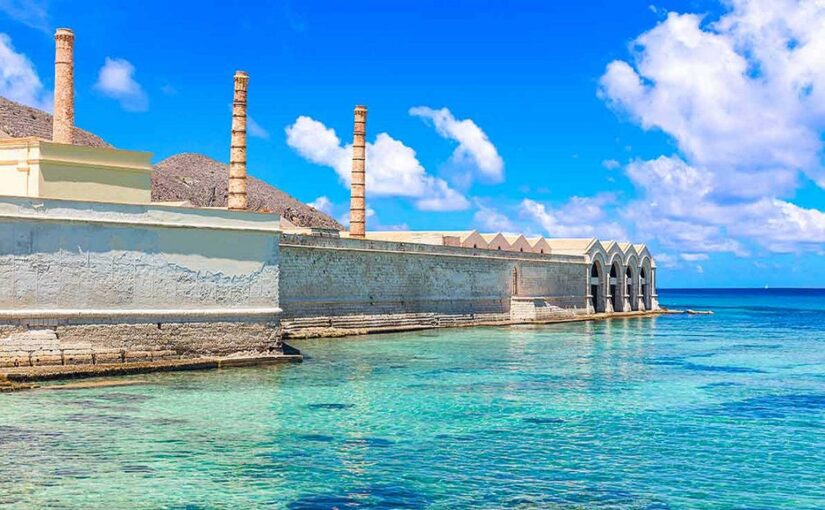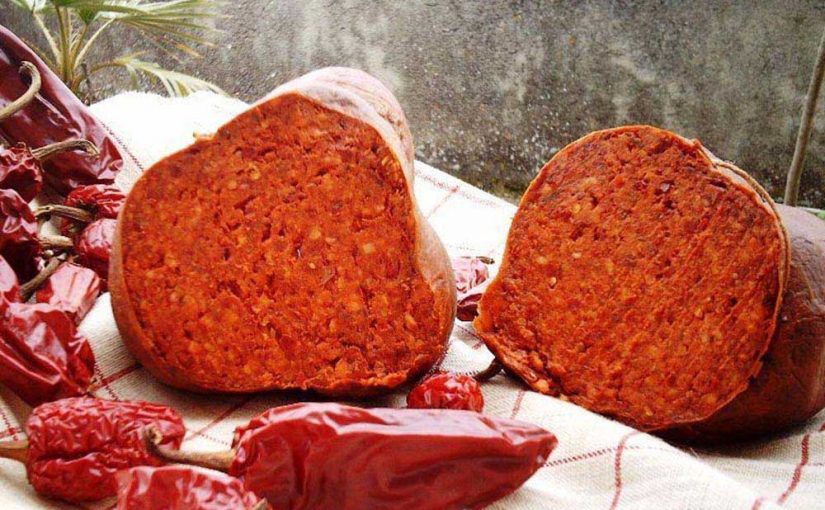19.4.2025
Known as the “Lions of Sicily,” the Florio were in fact a Calabrian-Sicilian entrepreneurial dynasty. For us Calabrians, they represent a model of business, labor, culture, and the promotion of Mediterranean food, wine, and tourism—or, more simply, a model of Mediterranean lifestyle and diet.
For Sicily and Italy, they symbolize an industrial myth. For Calabria, they are a source of pride, as the founding members of the Florio family originated from Bagnara Calabra—still today a fishing town on the Costa Viola (Tyrrhenian Sea), famous for swordfish, nougat, and its unmistakable pizza.
This town was hastily abandoned at the end of the 1700s by the dynasty’s founders after a catastrophic earthquake on February 5, 1783 (with an estimated magnitude of 7.0–7.5 on the Richter scale) completely destroyed the village, which had been founded in the Middle Ages (1085) beneath an abbey built by Roger the Norman.
FROM CALABRIA TO AN INDUSTRIAL MYTH
Despite this tragedy, the Florio’ story in Sicily would be marked by fortune, prestige, innovation, and business acumen. They invented tuna preserved in oil and introduced a staple of the Mediterranean diet: Marsala fortified wine. Most notably, their shipping company helped integrate Southern Italy into the global trade of Mediterranean food and wine products.
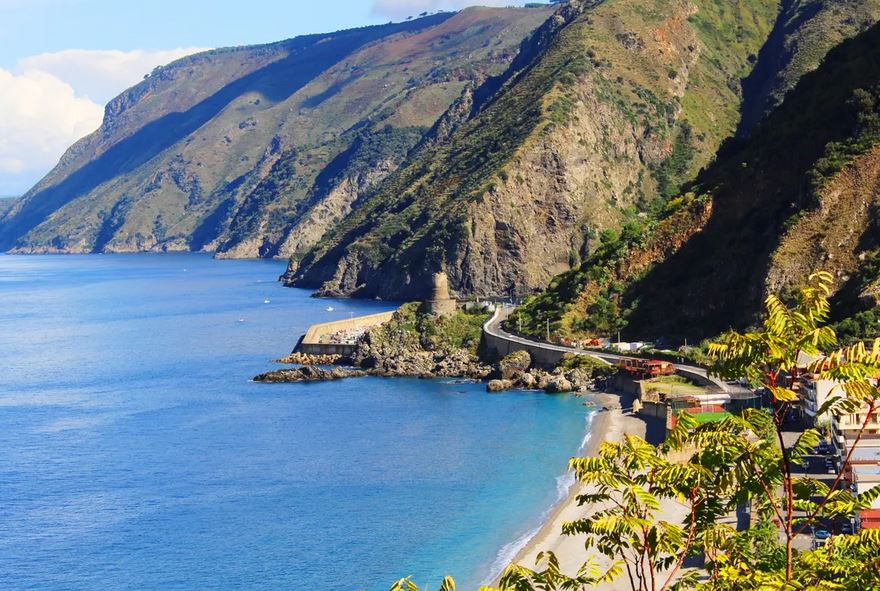
The Florio thus serve as an ideal model for a new generation of Calabrian entrepreneurs focused on exports. They embody the story of a family name that started from nothing and went on to define the essence of Palermo and Sicily, of Southern Italian enterprise, and even of Italian innovation.
Following the 1783 earthquake, they began to trade with Sicily through repeated trips from Calabria. In 1799, they permanently left Bagnara Calabra. That year, Paolo Florio, along with his brother Ignazio, his wife Giuseppina, his niece Vittoria, and his newborn son Vincenzo, left for Palermo after another devastating earthquake—a haunting déjà vu of the previous disaster that had already taken their parents—convinced them that fate had chosen a different path for them.
Driven by a desire for redemption, this small family crossed the Strait of Messina into a Palermo both enchanting and ruthless. Their first shop was located on Via dei Materassai—a narrow alley where, even today, you could pass a pitcher of water from one building to another through a window.
A DYNASTY OF ELEGANCE
The Florio, originally from Calabria, settled in Palermo at the end of the 18th century and, over the course of the 19th century, rose to become one of the foremost industrial families in Italy, eventually joining the upper echelon of the international financial aristocracy.
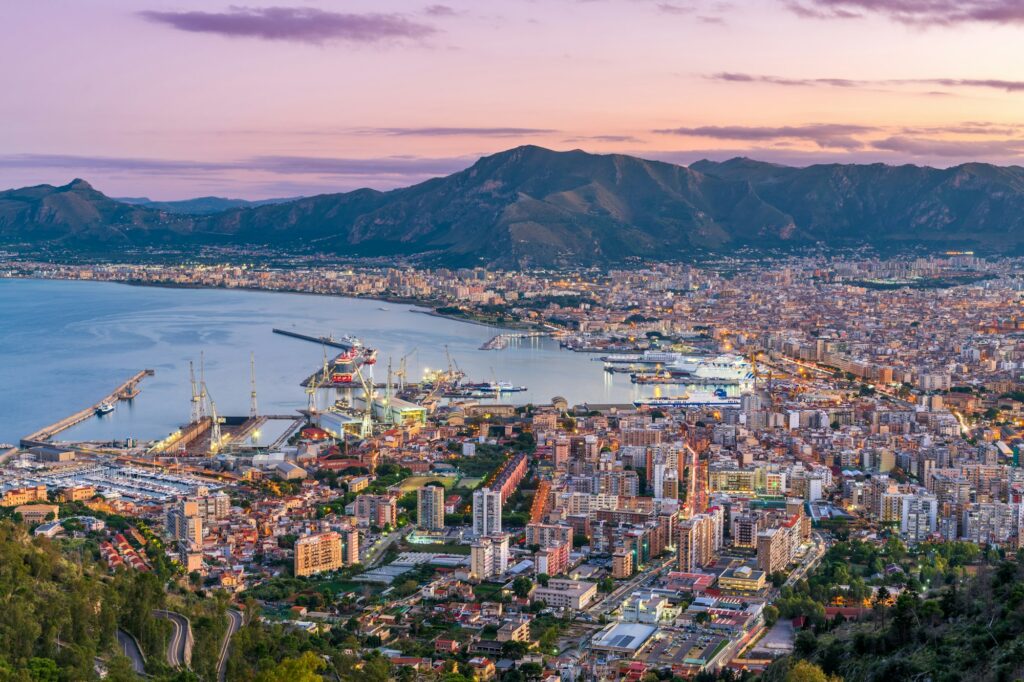
In Sicily, especially in Palermo, the name “Florio” evokes wealth, beauty, elegance, and pleasure—not the feudal wealth familiar to Sicilians from Lampedusa’s The Leopard, but a different kind of prosperity—born from work, intelligence, and dedication to commerce and industry. For this reason, their success seemed all the more incredible and admirable. In both Sicilian and now Calabrian imagination, the Florio epitomize the ideal of bourgeois wealth that inspires admiration and emulation.
The Florio legacy unfolded over four generations across roughly 130 years—a trajectory as grand as the Norman or Bourbon kingdoms. Key figures include:
- Vincenzo Florio Sr.: Founder of the Florio Trading House, who laid the foundation of the family’s rise in business.
- Ignazio Florio Sr.: His son, a visionary who expanded the empire into wine and fish canning industries.
- Vincenzo Florio Jr.: A patron of the arts and founder of the iconic Targa Florio automobile race.
- Franca Florio (immortalized in a painting by Boldini): Wife of Ignazio Jr., a noblewoman and socialite of great influence during the Belle Époque.
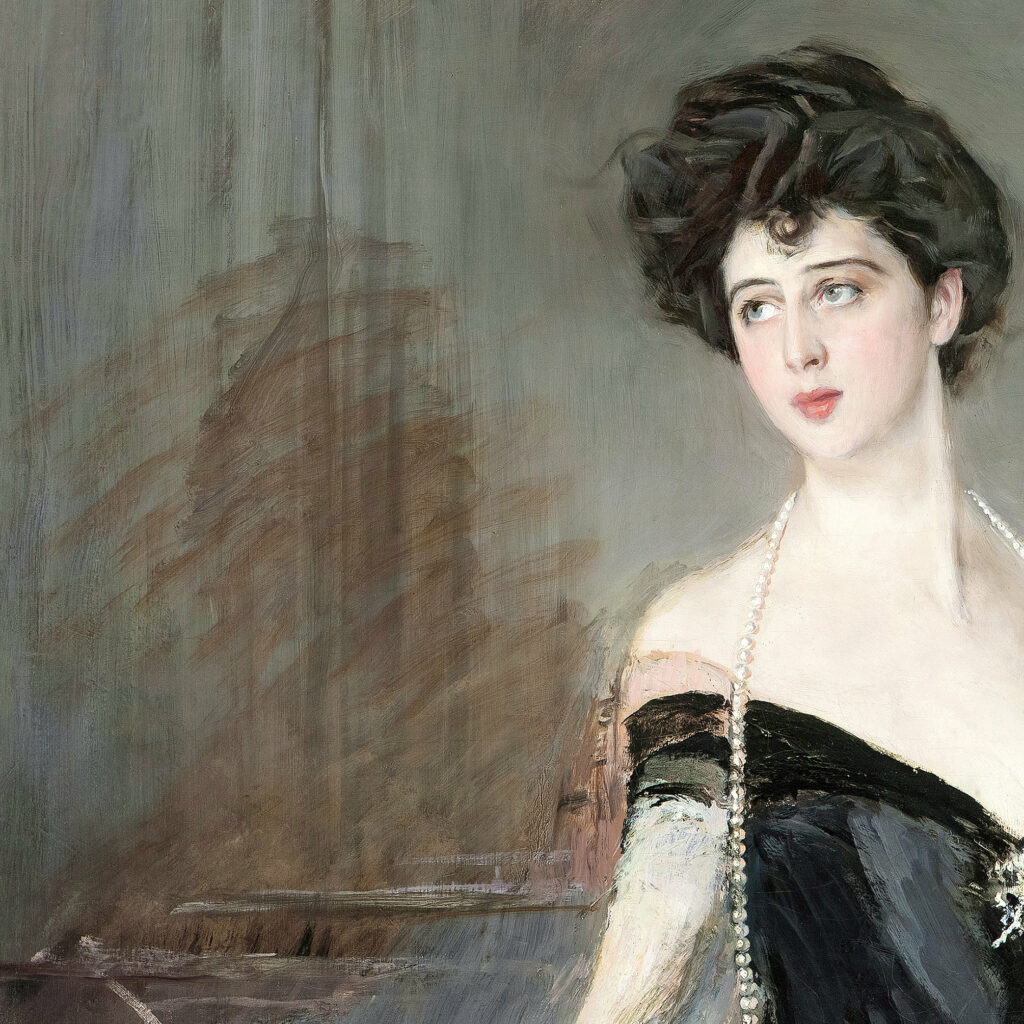
Their story is a multigenerational journey of ambition and adaptability. What began with Vincenzo Sr.’s small trading business evolved into a diversified empire spanning wine, fish, and shipbuilding.
What truly set them apart was their talent for seizing opportunities. Their extensive trade network went far beyond Sicily, enabling them to amass both wealth and influence in Italian and Sicilian society, leaving a lasting mark on the history of the island and the Kingdom of Italy.
However, it is their decline that lives most vividly in collective memory—particularly the late 19th and early 20th centuries, which, in retrospect, represent Palermo’s last era of beauty and vitality before war and 1960s construction ravaged its historic charm. Perhaps this is why “Florio” is associated with nostalgia in Palermo’s cultural imagination.
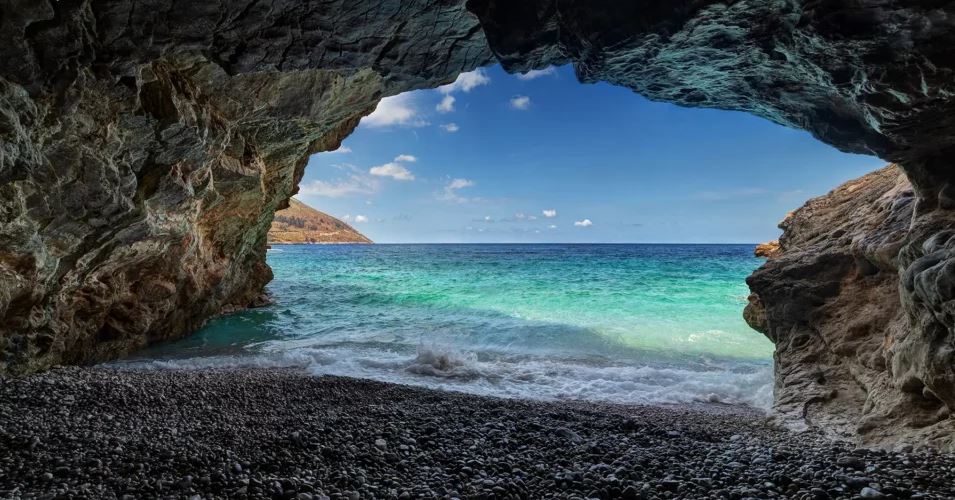
A longing not just for lost beauty, but for what Calabria could have been—had the Florio never left Bagnara. Yet this nostalgia can also serve as inspiration for today’s entrepreneurs, who might carry forward the Florio legacy in tourism, wine and food industries, shipbuilding, and design—all still promising paths for development aligned with the natural vocations of both Sicily and Calabria.
The Florio leave not only memories—but a possible roadmap to the future.
PALERMO AND THE FLORIO
The story of the Florio opens a window onto Sicilian history and culture, helping us better understand Palermo—and offering insights relevant to other southern Italian regions with a shared Mediterranean culinary heritage, such as Calabria, Basilicata, and Puglia.
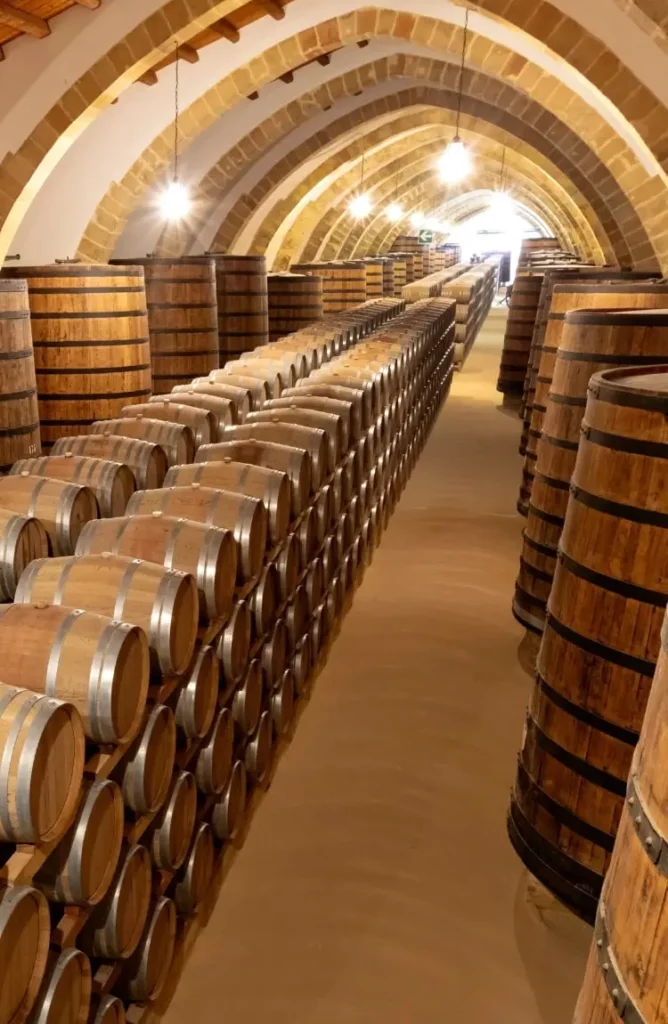
The Florio captured the imagination of millions thanks to Stefania Auci’s bestselling novel The Lions of Sicily, which traces their saga from humble beginnings in Palermo to the peak of their power—and eventual fall—through tales of love, rivalry, and resilience. They are portrayed as fierce lions who rose in a turbulent Sicily and a changing Europe.
As we’ve seen, their journey began in 1799 when Vincenzo Florio Sr. left Bagnara Calabra and opened a spice and textile shop in Palermo. From there, the family began an incredible rise to economic and social dominance in Sicily and beyond.
Their contributions included promoting the arts and sponsoring cultural events. Vincenzo Jr., as noted earlier, founded the Targa Florio, one of the oldest and most prestigious car races in the world.
They also boosted Sicily’s economy, created jobs, and spearheaded industrial innovation. Their political influence helped shape Sicily’s future.
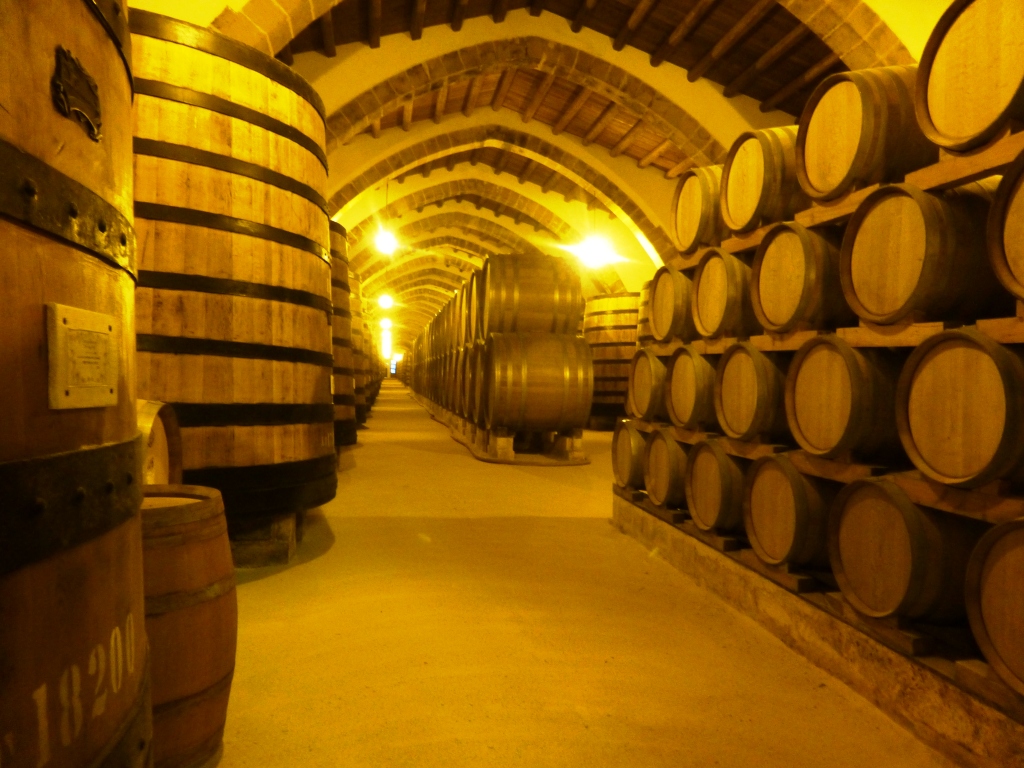
Today, the Florio are remembered as one of Sicily’s most powerful dynasties—bold pioneers, visionary entrepreneurs, and generous patrons who shaped modern Sicily. Their story continues to inspire, as evidenced by the success of The Lions of Sicily. Despite their hardships, the Florio remain a shining example of how ambition and ingenuity can lead to greatness.
MARSALA AND TUNA
The Florio name is not only synonymous with influence and wealth, but also with Sicilian, Calabrian, Italian, and European gastronomy. They industrialized the production of “Marsala”—a fortified wine (around 15% alcohol) that gained international recognition in the 19th century, especially in Britain and France. Marsala, with its unique taste and high quality, became a symbol of both the Florio family and all of Sicily.
On another front, the Florio played a key role in developing the tuna industry in Sicily. They established facilities for fishing and processing tuna, making it a flagship of Sicilian cuisine. They even pioneered the preservation of tuna in olive oil—first steaming red tuna, then storing it in glass jars or cans. This innovation, developed in their factories in the Egadi Islands (especially in Favignana), refined ancient Roman and Carthaginian techniques.
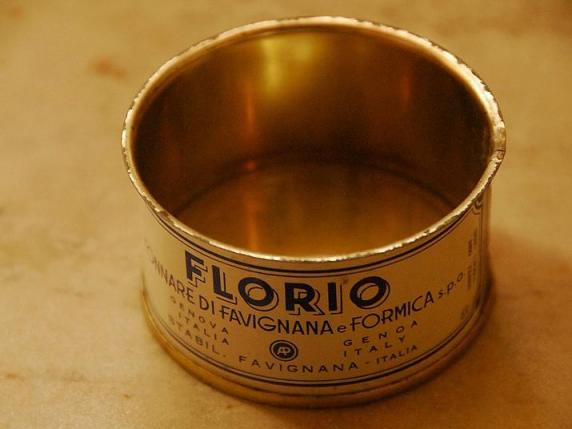
This breakthrough made it possible to preserve and export high-quality tuna to distant markets, turning the Florio into leading producers in the industry.
In conclusion, Marsala wine and tuna preserved in oil became enduring symbols not only of the Florio family, but of Sicily itself. Through their vision and dedication, the Florio helped shape the culinary identity of Sicily, Italy, and the Mediterranean diet, leaving behind a legacy that continues to this day.

